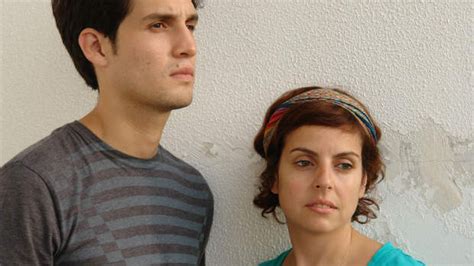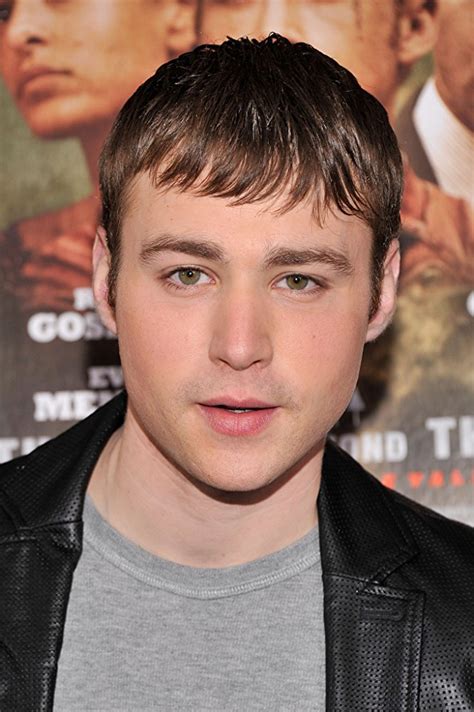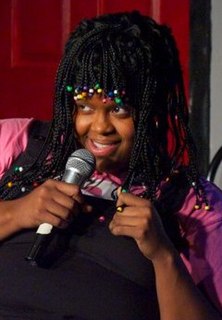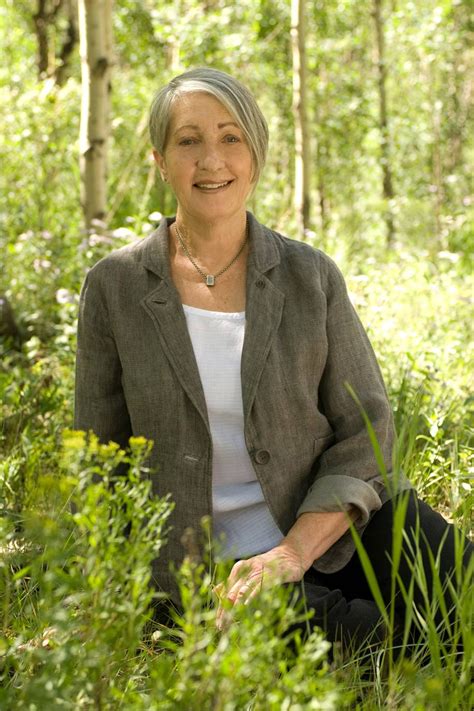A Quote by Nicholas Sparks
Most characters are composed of snippets here and there of people I've known, and all rolled into the character I've created. They do become like their own people.
Related Quotes
One nourishes one's created characters with one's own substance: it's rather like the process of gestation. To give the character life, or to give him back life, it is of course necessary to fortify him by contributing something of one's own humanity, but it doesn't follow from that that the character is I, the writer, or that I am the character. The two entities remain distinct.
The writer must always leave room for the characters to grow and change. If you move your characters from plot point to plot point, like painting by the numbers, they often remain stick figures. They will never take on a life of their own. The most exciting thing is when you find a character doing something surprising or unplanned. Like a character saying to me: ‘Hey, Richard, you may think I work for you, but I don’t. I’m my own person.’
Ultimately, we want to provide people with a unique experience, and an unexpected one as well. We'd like people to leave the theater having questions, being intrigued, wanting to know more, and forming their own opinions about the characters and the world we created. We'd like the film and its images to stick around in people's heads, possibly be recalled every time the letter "H" comes up in everyday life.
I think people are a mixture of everything. I like desperate characters because they do things that most of us normally wouldn't do. If a character is a scoundrel or a liar you think you know them, but then I can bring some emotion to them and they become much fuller than you ever imagined. So what I try to do is have a story where you don't quite know where it's going, and characters who you don't quite know where they're going.
This is what I would say to my pupil: 'You have become only your fame and left behind most of who you were. How are you going to deal with that? Will you lose that person forever? Have you become someone else without really knowing it? Do you always have to stay in character for people to like you? Do you know that you are in character?'.
People say that they like the characters that they believe that I am. But, I don't as much. I like the characters that I believe that I am not. Like my role on 'Law and Order.' That character unnerved people. And I loved every second of it. I want to continue growing as an actress. There are ways that I can reach quicker, or deeper, with acting.
When someone on screen portrays a character that behaves in a way you don't expect, you're subverting ideas. So if there's a Venn diagram between why people are drawn to the characters I play, it may be that. But I'd like to think that the craft of acting and the choices I make as an actor are drawing people on their own merits.
If you get the characters right you've done sometimes nearly half the work. I sometimes find I get the characters right then the characters will often help me write the book - not what they look like that's not very important - what people look like is not about their character. You have to describe the shape they leave in the world, how they react to things, what effect they have on people and you do that by telling their story.
The most beautiful people we have known are those who have known defeat, known suffering, known struggle, known loss, and have found their way out of the depths. These persons have an appreciation, a sensitivity, and an understanding of life that fills them with compassion, gentleness, and a deep loving concern. Beautiful people do not just happen.
Musically, though, you're a character and you're singing a song. If you're not your own character, you're the character in the song, most of the time. Even blues musicians, a lot of them who were the most realistic, at times, they were singing a song and portraying a character in the song. There's something to be said for getting involved in the emotion of a song, too, with the characters.
I don't only act out of my character; my character reacts to my actions. Each time I why, even if I'm not caught, I become a little bit more of this ugly thing: a liar. Character is always in the making, with each morally valenced action, whether right or wrong, affecting our characters, the people who we are.
The thing I'm writing now, I have various characters, and all of a sudden, out of nowhere, this couple dies. And they have a daughter. ...I thought, 'OK, we have to do something with the daughter' ... then I realized she's not really their daughter. She has her own story. And she's become the most interesting character. She was this throwaway character that I didn't even conceive of before I started writing her into it, and now she's become very important in this book.







































